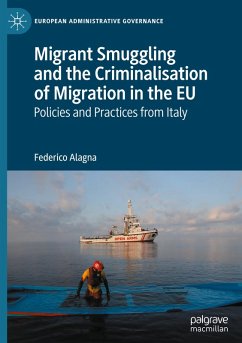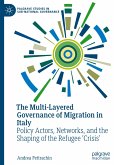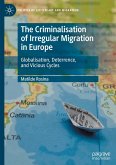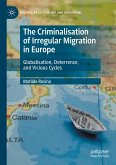This book examines migrant smuggling and migration governance in the European Union. Following the 'refugee crisis' of 2014-15 and the rise in the number of people crossing the Mediterranean Sea, growing concern has been expressed in the media and elsewhere as to how EU institutions have tackled migrant smuggling. Focusing particularly on Italy during the period of the Eighth European Parliament (2014-19), the book assesses the evolution of anti-smuggling policies at EU and national level, and considers why institutions and policy-makers have failed to fully address the issue. Adopting a bottom-up approach, it also analyses the roles that people on the move, smugglers, law enforcers, the judiciary and border guards play in influencing policy processes. With political and public debates over migration more vociferous than ever, the book provides important insights into the EU approach to migrant smuggling. It will appeal to all those interested in public policy, migration studies, European politics and criminology.
Bitte wählen Sie Ihr Anliegen aus.
Rechnungen
Retourenschein anfordern
Bestellstatus
Storno








